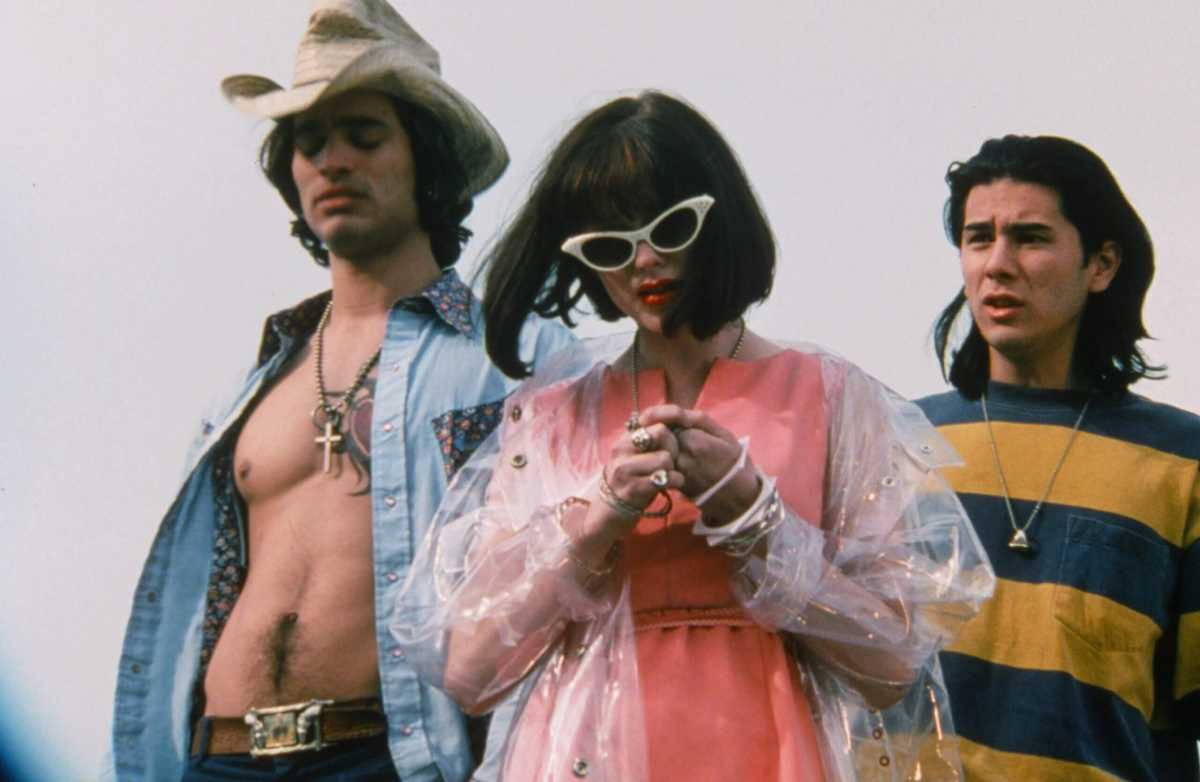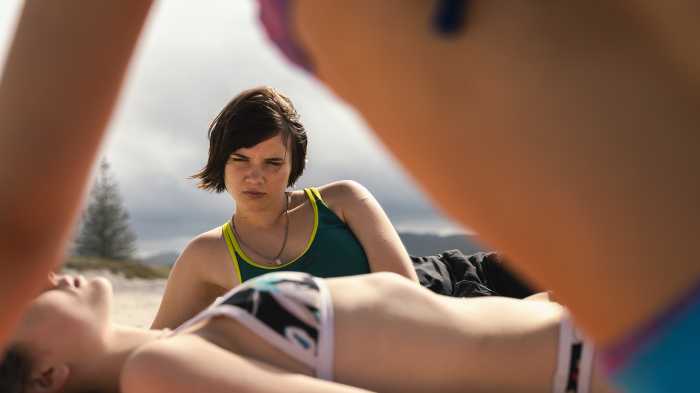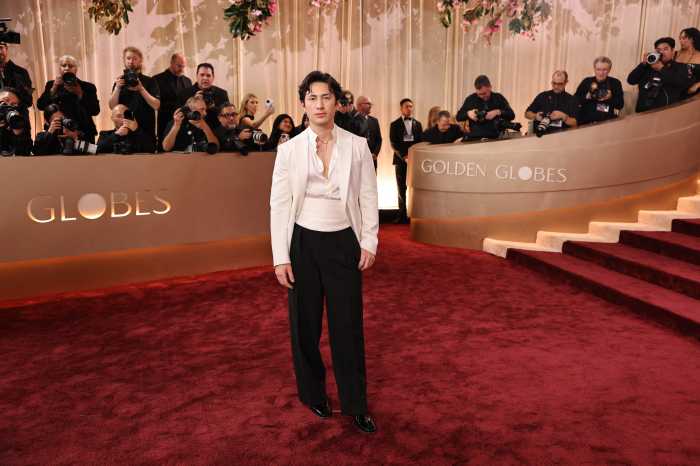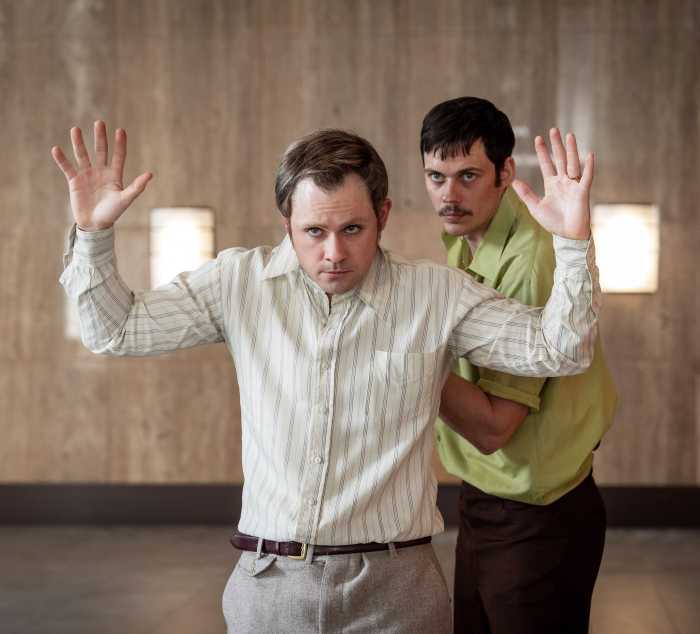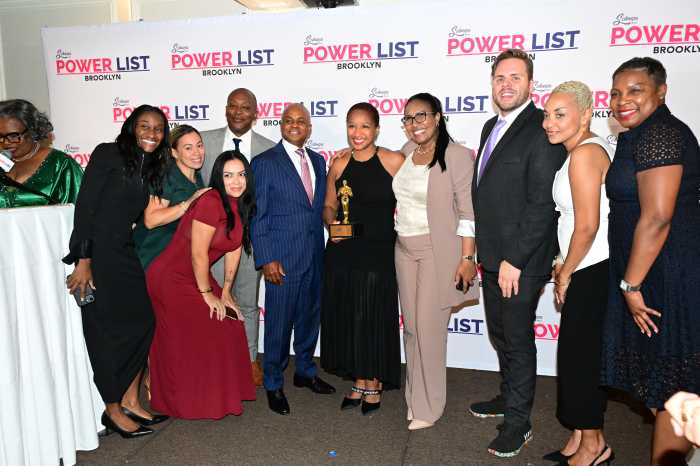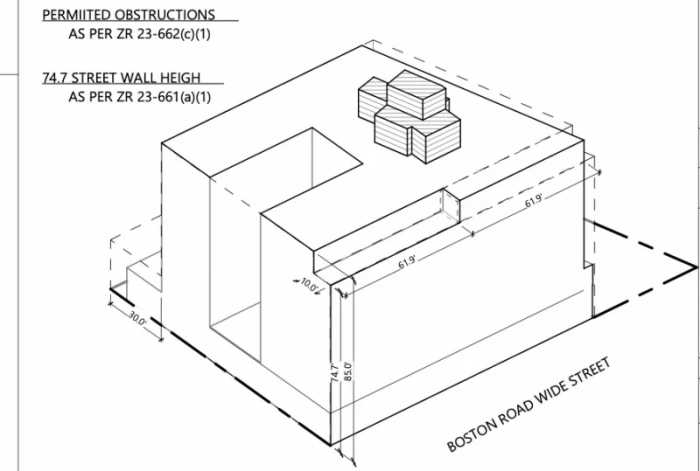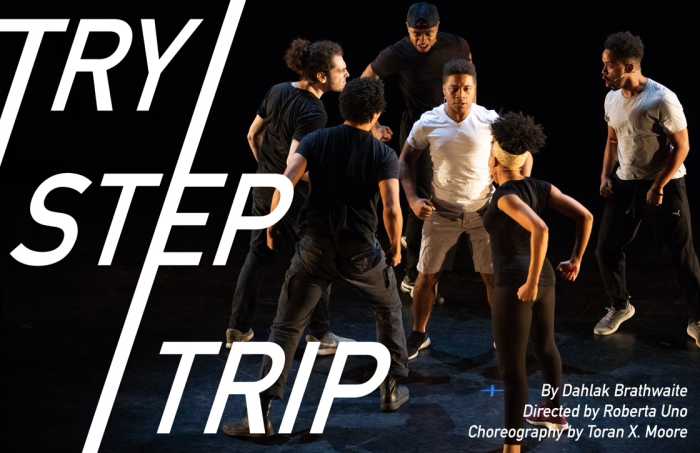The fabulous new 4K remaster of Gregg Araki’s 1995 nihilistic cult film, “The Doom Generation,” which was shot on 35mm, gives audiences the chance to catch — or revisit — his “heterosexual movie” on the big screen.
“This new version is like seeing a brand-new film,” Araki gushed in a recent Zoom interview. “It is the way it should have been seen all along. Brighter, clearer, and the music is rocking now.”
For those who are not familiar with the film (or need a refresher) “The Doom Generation” has Jordan White (James Duval) and his girlfriend Amy Blue (Rose McGowan) meeting Xavier Red (Johnathan Schaech) and reluctantly hitting the road with him. After X (as Xavier is called) kills a convenience store clerk, the trio hole up in a motel where the sexual tensions between X and the couple throb incessantly. While Jordan and X always seem about to kiss, X has sex with Amy — and she tries to keep this a secret from Jordan. As the trio encounter a series of bizarre characters — several of whom are obsessed with Amy — more dead bodies pile up until Jordan, Amy, and X become the targets of a gang intent on killing them.
Araki and Duval chatted with Gay City News about making “The Doom Generation.”
Death is everywhere in “The Doom Generation,” from cigarette packs to Jordan’s fear of AIDS and the violence that befalls the characters. Looking back on the film now, how do you think its nihilistic attitudes were of its time?
Gregg Araki: They were definitely of the time [laughs] but I feel a lot of the mood of the movie, the apocalyptic-ness is today. I wish it was quaint, but the chaotic, hostile universe towards these outsiders on the run in this trashy and violent and scary America is as pertinent if not more pertinent in 2023 than it was in 1994. All of it is very much in the zeitgeist.
James Duval: It’s literally us, Jordan, Amy, and X, against the world!
Gregg, your early films focused on wasted youth, and your dialogue featured pop culture references, you included fun cameos, killer soundtracks and costumes all reflecting the rebellious mindset. Can you reflect on why you were so intent on capturing this zeitgeist back in the day?
Araki: It’s really two things that define me as a person and as a filmmaker — punk rock music, which came out in the most formative part of my life — and who I was, what I cared about, what kind of artist I wanted to be. It was so much a part of my formative years. And being queer and on the outside and looking at culture and the world through a different prism. To this day, I’m so grateful for that. That’s what makes me unique. That’s why “Doom Generation” is an important movie to me. We set out to make it in a very uncensored, pure, and artistic way. It was literally where I was at in the early ’90s, with a no holds barred, this is what I am thinking about and what I care about in the world and here it is in all its glory. There’s no sense of restraint to it.
James, how did you find your character, and what can you say about creating the dynamic you did with your costars?
Duval: It was an interesting time in my life, “The Doom Generation.” When I met Gregg for our previous film, “Totally F***ed Up,” I was 18 and living that, searching for myself who I was, where I belonged. I was really confused. Working with Gregg gave me something to move towards. Adding to what Gregg was just saying, there were things I was feeling—that I wasn’t liked, that there were things I couldn’t do to fit in. I was attracted to alternative music and feeling what they were singing about, even though I hadn’t really lived. I was so distraught. I was only 18-19. Everything weighed on that on a daily basis. It was so intense, and almost overwhelming. My three films — “Totally F***ed Up,” “The Doom Generation,” and “Nowhere” — were not just relatable, but I was very much living that.
Araki: That’s where the teen apocalypse trilogy came from. When you are a teenager, every day is the apocalypse.
“The Doom Generation” is billed as a “heterosexual movie,” but the film oozes homoeroticism. What decisions did you make about depicting sex in the film?
Araki: The heterosexual aspect comes from a producer who told me that I was making gay films that are too punk for gay people, so the notion was if you make a heterosexual film, “I’ll get you a budget.” It’s ostensibly heterosexual, but of course, in my punk rock way, I wanted to make the queerest heterosexual movie ever. The queer and homoerotic subtext of the film was so intense that it was a super queer gay movie. There’s an interesting reading of the film being an unrequited love between Jordan and X. Jimmy and Johnathan said while making it that they really bonded and there was a very tight relationship between them and the characters that plays in the film. The scene of them talking by the car, there’s a real love between them. It is tragic and intense.
Duval: I feel that connection with Johnathan still today.
James, what observations do you have about making the film, which included so much sex and violence?
Duval: Before I made these film with Gregg, I did a lot of these truth and dare things. You go into the closet with a girl. You’d go into a closet with a guy. I was very open and nonjudgmental in the end of ’80s and ’90s, when you were critiqued for what you wear, who your friends were, etc. We did these things to be OK with who we were outside of the confines of society. Gregg gave me an arena to explore this further. I was very young, so I wasn’t sure what we were making other than I understood it and related to it. It was like the alternative music that spoke to my heart; these films were compilation of ideas. I found that organic to slip right into. I was lucky I met Gregg.
Araki: “Living End,” “Totally Fucked Up,” “Doom Generation” — there was a vibe on the set that we were these punk artists. It was never a feeling of it being a commercial enterprise or people making money off it or exploitation. We were being who we are and there was a real purity to it.
Duval: It was a safe place. You could talk about what you wanted and be who you were and express ourselves.
James, do you look back on this film now and think, I’m different, I’ve changed?
Duval: I’m embarrassed. I don’t think I’m not all that different. With the exception of maybe a little physical entropy. The only difference is that I’m a lot more comfortable with who I am. I was still figuring it out, and what the world meant to me. I don’t feel I’ve changed so as much as I’ve grown over the decades. The heart of me is still Jordan. I’m more thankful for opportunity to have people like Gregg and Johnathan and all these people we worked with in my life. We’re still in touch and as close as ever.
The film is a satire of American culture. What did you want the film to say and how do you think the message has been received over the years?
Araki: I sat down to write the script and it was an expression of where I’m at and how I’m feeling, and it is all influenced by society, the political climate, and what’s going on. I am like a sponge. I absorb everything that is going on and when I sit down to write, I squeeze the sponge and that’s what comes out—all of my feeling about what is happening the world and my existential dread. People think [Duval] is my stand in, in these films, but all the characters are. The Amy Blue character was more my surrogate. Her caustic, sarcastic attitude was very much the way I was back in those days. “The Doom Generation” has always been a punk art film for us, but it’s such a fun ride. It is a wild, crazy 82 minutes.
“The Doom Generation” | Directed by Gregg Araki | Opening April 7 at the IFC Center | Distributed by Strand Releasing

